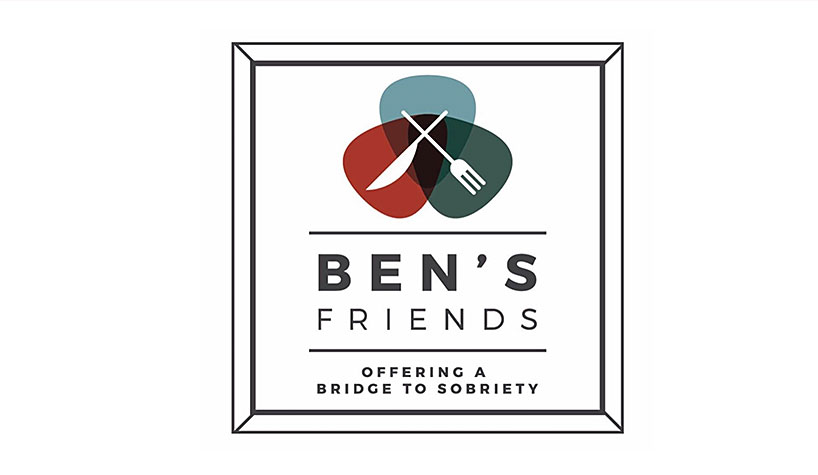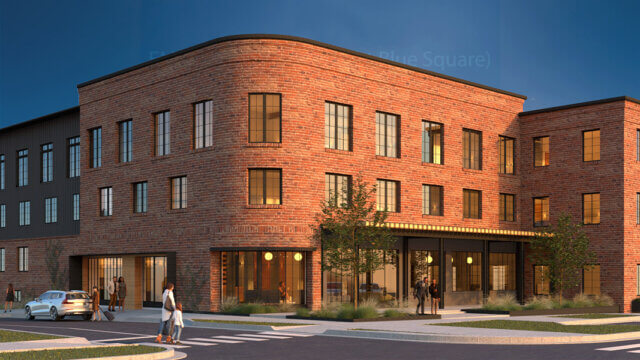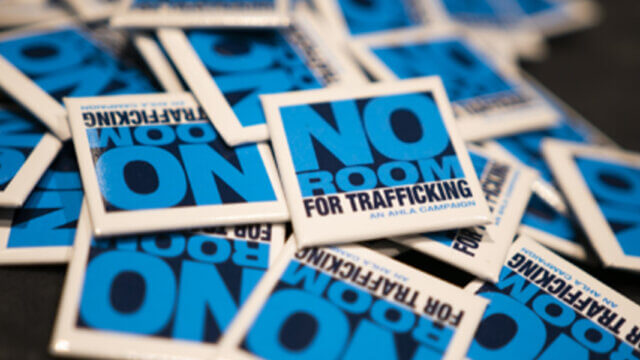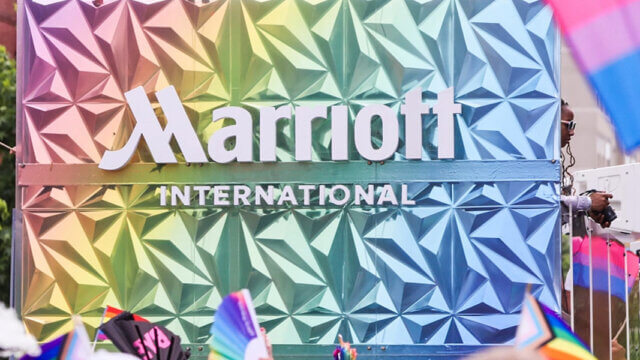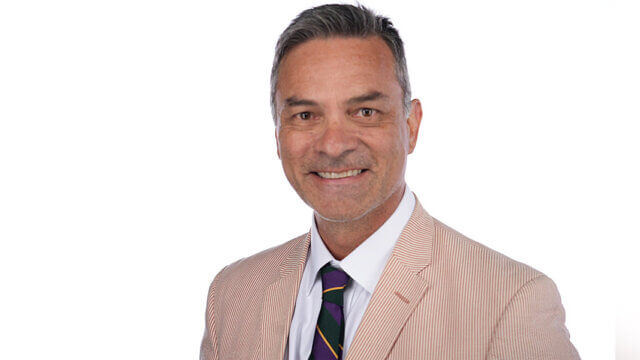Back in 2016, The Indigo Road Hospitality Group hired chef Ben Murray to help open a new restaurant. One night, while in his hotel room, he took his own life.
“Upon speaking with his family and digging a bit deeper, we came to realize that he had been struggling with addiction; he had been in and out of detox centers,” said Steve Palmer, founder/managing partner, The Indigo Road Hospitality Group. “The sad thing was that nobody knew he was struggling. [Even sadder] was that in that kitchen on that night were two sober chefs who would have done anything in the world to help him. It really struck us as the culture in hospitality where mental health until recently was something that we didn’t talk about. It was work the hours and it is just part of the deal.”
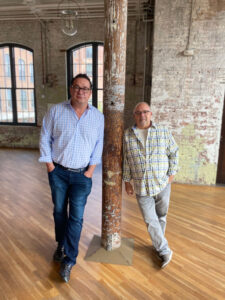
Palmer, who himself is 19-and-a-half years sober, along with cofounder and restaurateur Mickey Backst, who is also sober, decided that it was time to help those in the industry struggling with sobriety. That is when Ben’s Friends was launched.
“We decided that we would start a weekly support group for anyone in hospitality who is trying to achieve sobriety, struggling with substance abuse, run by people in the industry who had already gotten sober,” said Palmer. “We started it in Charleston, SC. We thought that it would be a nice thing for the local community. Literally overnight, word spread around the country and more sober people in hospitality started reaching out saying they wanted to start their own chapters. We are in 14 cities now and should be in 20 cities by the end of the year.”
Palmer said that unlike Alcoholics Anonymous (AA), Ben’s Friends members are not anonymous. “While many of our members have found sobriety through AA, we are not affiliated because we really saw the cultural norm of drug and alcohol abuse in the hospitality industry, and we really felt like it was important to not be anonymous, to be able talk publicly and at the level of media,” he said. “I always tell people, AA is a program, we’re a community. We certainly are not presenting ourselves as the alternative.”
Ben’s Friends is all about that community. “If you attend a Ben’s Friends meeting for the first time, most likely what you are going to hear in one meeting a week is not going to get you where you need to be,” he said. “Many of our members will then go to somebody’s first 12-step meeting, they will get them in touch with a therapist. We often say we are a bridge to sobriety.”
What is most important about the group is that all who are seeking help are in hospitality. “When you are in the hospitality business, most of your friends are in the hospitality business,” said Palmer. “What we have realized is that if people who might have a stigma or a prejudice against a 12-step group, they feel safe walking into a room of their peers. They may say, ‘I don’t even know these people, but I know he’s a bartender. I know they are a banquet server.’ They feel safe in that. We have heard that. We founded Ben’s Friends in 2016, and we have heard that over the years that people feel safe coming into the room. Once they are in the room, that is when we help them find their path to sobriety.”
Like the rest of the world, Ben’s Friends has had to pivot from in-person to online meetings. While the stress and anxiety of the pandemic has been tough on so many with addiction issues, he said that many have used the time to get clean. “As someone who is always looking for the good, we’ve also seen and have been blown away by an incredible amount of people who have chosen this time—call it a time of reflection, a time of pause—that the pandemic has produced, and we have so many new people who have come to Ben’s Friends virtually,” he said. “They come every day and they are putting together, three months sober, four months sober, a year sober. So, it has really been a tale of two stories—we know that a lot of people are relapsing and overdosing, but I have also been incredibly inspired by the amount of people who have chosen this time to really get healthy.”
While Ben’s Friends expects to be in 20 cities by the end of the year, Palmer hopes to be in all 50 states eventually. “We know there is a need,” he said. “That feeling of safe camaraderie within our industry, we think that we are on to something where people feel that these are their people.”
If you need help, or would like to donate to Ben’s Friends, please visit their website at: Bensfriendshope.com
